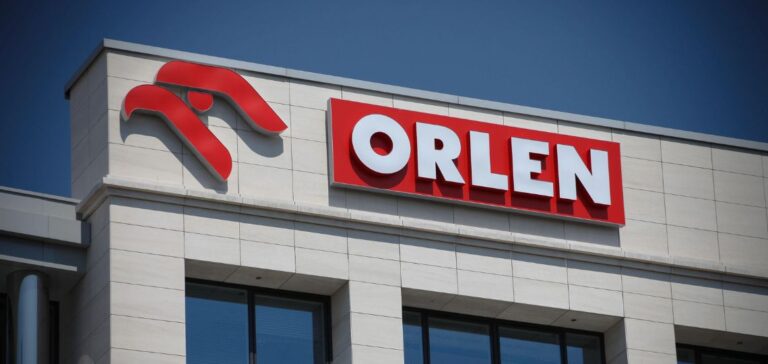The investigation was launched following accusations made against Samer A., head ofOrlen‘s Swiss subsidiary, Orlen Trading Switzerland (OTS), in the Polish press. He is suspected of maintaining contacts with the Lebanese Islamist movement Hezbollah, which he denies. These revelations come after Orlen’s ex-chairman, Daniel Obajtek, allegedly imposed Samer A. in this position despite an unfavorable opinion from the security services.
Financial losses and dubious management
Orlen, under the management of Samer A., suffered significant financial losses, estimated at around 1.5 billion zlotys (350 million EUR), mainly due to oil orders in Venezuela that were never delivered. National Prosecutor Dariusz Korneluk criticized this management, calling it “totally unchecked”. Samer A. had previously been suspected of illegal trading in Iranian oil.
Political impact and other surveys
The affair comes against a tense political backdrop, with Daniel Obajtek, a potential candidate in the European elections for the nationalist PiS party, and former Prime Minister Mateusz Morawiecki also mentioned in potential scandals. Two other major investigations are underway concerning Orlen: one into the merger with Lotos and the controversial sale of shares to Saudi Aramco and MOL, and the other into possible manipulation of fuel prices linked to last year’s parliamentary elections.
Orlen’s ownership structure
The Polish Treasury holds 49.9% of Orlen, with other significant stakes held by pension funds Nationale-Nederlanden and Allianz. The remaining shares are listed on the Warsaw Stock Exchange, underlining the company’s strategic importance in the Polish economy.
The Orlen investigation has far-reaching ramifications for national security, politics and the economy in Poland. The outcome of the investigations could have significant repercussions for the main players involved and for the stability of the Polish energy sector.






















